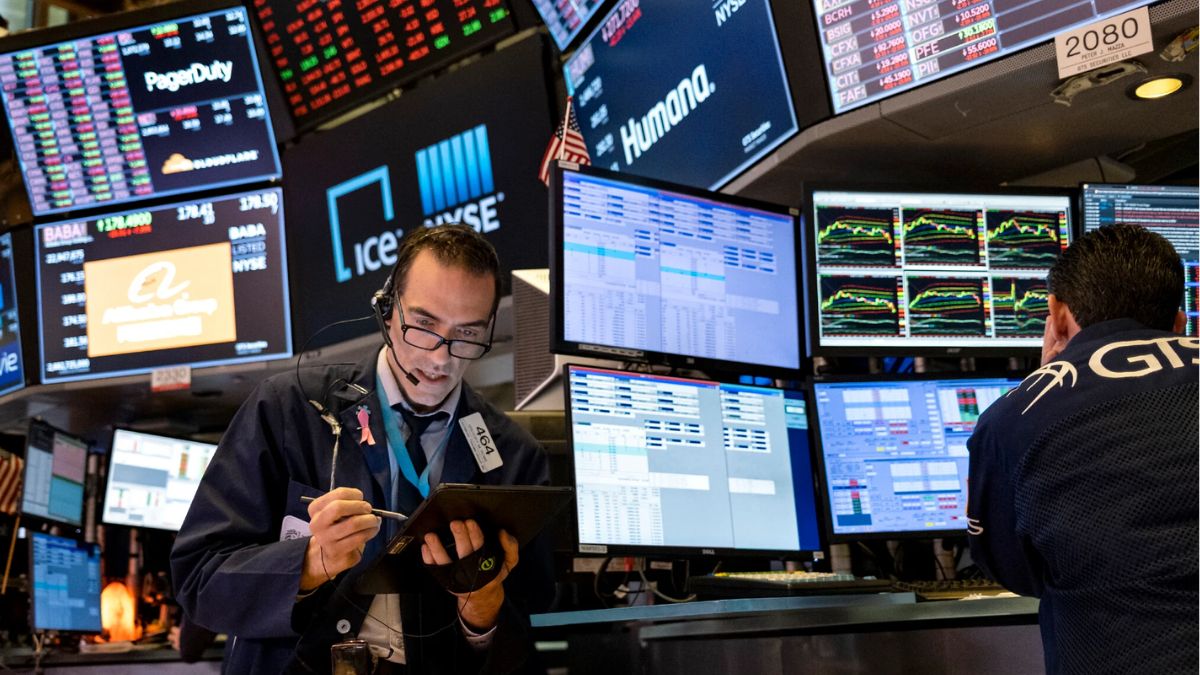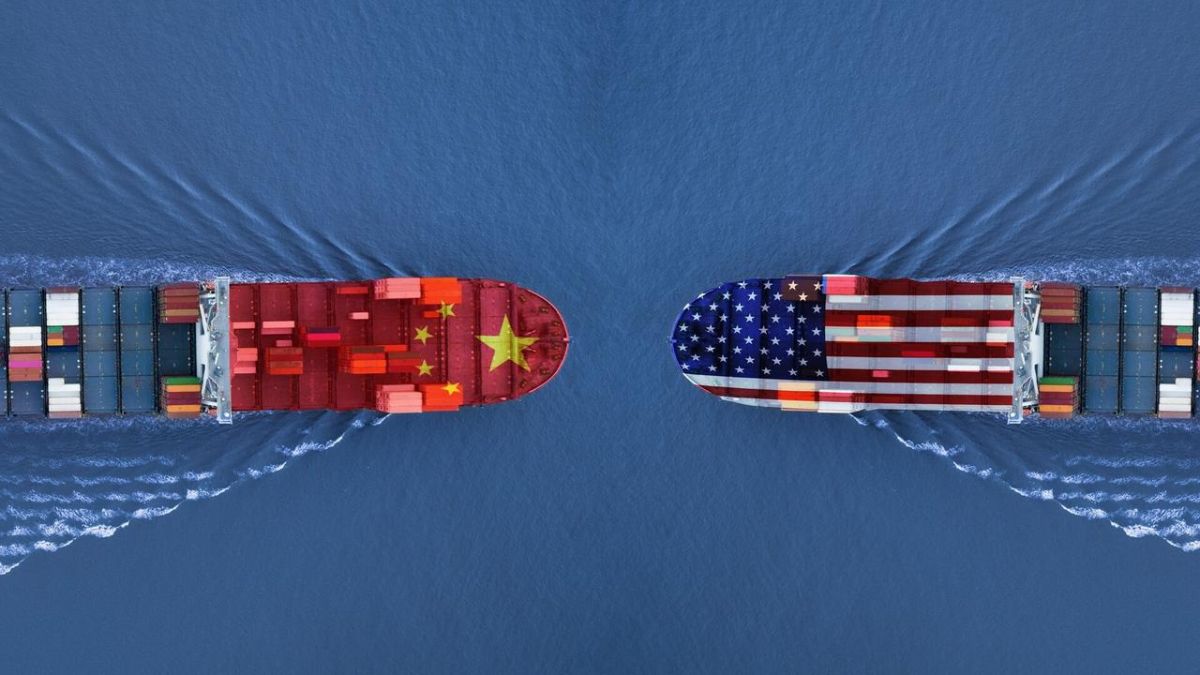In the circus of global politics, where personal ties often trump policy papers, President Donald Trump’s meeting with Philippine President Ferdinand “Bongbong” Marcos Jr. on July 22, 2025, is less about trade deals and more about a curious connection to a bygone era. When Marcos Jr. stepped into the White House, seeking to dodge tariffs and tighten defense ties, Trump reportedly kicked things off with a question that raised eyebrows: “How’s Imelda?” It’s a nod to Marcos’ mother, Imelda Marcos, the former Philippine first lady whose extravagant legacy—think thousands of shoes and crates of gold—still casts a long shadow. This isn’t just nostalgia. It’s a glimpse into how Trump’s obsession with family legacies and personal loyalties might shape U.S.-Philippine relations at a time when the Pacific’s geopolitical chessboard is getting messier. Let’s dig into this oddball connection, the history behind it, and what it means for a critical alliance, with a skeptical squint at the glitz and grit of it all.
A Shared Past in the Glitterati
To understand why Trump’s asking about Imelda Marcos, we need to rewind to the 1980s and early 1990s, when Trump, a brash New York real estate mogul, and Imelda, the flamboyant wife of Philippine dictator Ferdinand Marcos, rubbed elbows in the international jet set. Imelda, known for her lavish spending—financed by public funds—and a shoe collection that became a global punchline, was a fixture at high-society events. Trump, ever the showman, crossed paths with her at parties, including a notable 1991 bash in New York for comedian Joey Adams’ 80th birthday, where he sat beside Imelda and his then-wife Marla Maples.
“A great family, great family legacy and highly respected in this country,” Trump said of the Marcos clan as Marcos Jr.’s visit kicked off, per sources familiar with the matter.
This wasn’t a one-off. Imelda and her husband, ousted in 1986 by the People Power Revolution, fled to Hawaii with staggering wealth—gold, pesos, and jewelry—while their country grappled with the wreckage of martial law. Imelda returned to the Philippines in 1991 to face graft charges but reinvented herself as a political force, winning four terms in the House of Representatives. Her conviction in 2018 for graft, carrying a 42-year sentence, hasn’t dimmed her star; at 96, she remains free, a symbol of resilience or impunity, depending on who you ask.
Trump’s fascination with Imelda isn’t just about shared party invites. He’s long been fixated on family ties as a measure of worth, a lens he applies to everyone from staffers to world leaders. Marcos Jr., elected in 2022, carries the weight of his parents’ controversial legacy—a mix of dictatorship, corruption, and charisma—that resonates with Trump’s own brand of larger-than-life leadership.
The Stakes of the Visit
Marcos Jr.’s trip to Washington, the first by a Southeast Asian leader since Trump’s second term began, is,No casual drop-in. The Philippines, a U.S. treaty ally since 1951, is a linchpin in the Pacific, countering China’s growing muscle in the South China Sea. With Trump threatening a 20% tariff on imports, Marcos is angling for a trade deal to shield his country’s economy, which sent $11.9 billion in goods to the U.S. in 2024. He’s also looking to bolster the U.S.-Philippines Mutual Defense Treaty, especially after recent Chinese aggression near disputed reefs.
“That personal connection obviously is significant… it is an advantage for the Philippines,” said Philippine Ambassador Jose Manuel Romualdez, banking on Trump’s fondness for the Marcos name.
The White House framed the visit as a celebration of shared history, noting the 80th anniversary of World War II’s end, when U.S. and Filipino forces fought side by side. Marcos Jr. stayed at Blair House, the same guest quarters where his parents bunked during a 1980s visit with Ronald Reagan—a subtle nod to continuity.
A Legacy of Controversy
Imelda Marcos’ shadow looms large. Her husband’s 21-year rule, including a decade of martial law, saw thousands jailed, killed, or tortured, while the couple allegedly siphoned off $5-10 billion in public funds. Yet Imelda’s charisma—her “star quality,” as one biographer put it—kept her in the spotlight. She claimed to have nothing to hide, even as evidence of her excesses piled up. Her son’s 2022 election, fueled by social media campaigns that whitewashed the Marcos regime, marked the family’s return to power, a comeback that’s as polarizing as it is remarkable.
Trump, who admires strongmen and dynasties, seems drawn to this saga. His question about Imelda wasn’t just small talk; it’s a signal he sees Marcos Jr. through the lens of his family’s storied, if scandal-ridden, past. This personal angle could grease the wheels for Marcos’ goals—trade concessions, military support—but it also risks tying U.S. policy to a leader whose domestic legitimacy is shaky.
The Bigger Picture
The U.S.-Philippine alliance is rooted in history but driven by today’s tensions. China’s claims over 90% of the South China Sea, backed by militarized islands, clash with Philippine rights under international law. The 2016 Hague ruling against Beijing did little to curb its moves, and recent clashes—like Chinese vessels ramming Philippine boats—have raised the stakes. The U.S. has pledged to defend the Philippines under the 1951 treaty, but Trump’s “America First” stance leaves room for doubt. Will he honor commitments if push comes to shove?
Marcos Jr. is also navigating domestic pressures. His pivot toward the U.S.—a shift from his predecessor Rodrigo Duterte’s China-friendly stance—has critics at home crying foul over sovereignty. A trade deal could boost his standing, but Trump’s tariff threats, which could hit Philippine exports like electronics and garments, loom large. The personal connection might help, but Trump’s deal-making is famously unpredictable.
The Skeptic’s Lens
So, what’s the real story here? On one hand, Marcos Jr. is playing a smart hand, leveraging his family’s history with Trump to secure economic and security wins. The Philippines needs the U.S. to counter China, and Trump’s nostalgia for Imelda’s glamour days might just tip the scales. The White House’s talk of a “free, open, prosperous” Indo-Pacific sounds nice, but it’s the kind of boilerplate that masks hardball negotiations.


